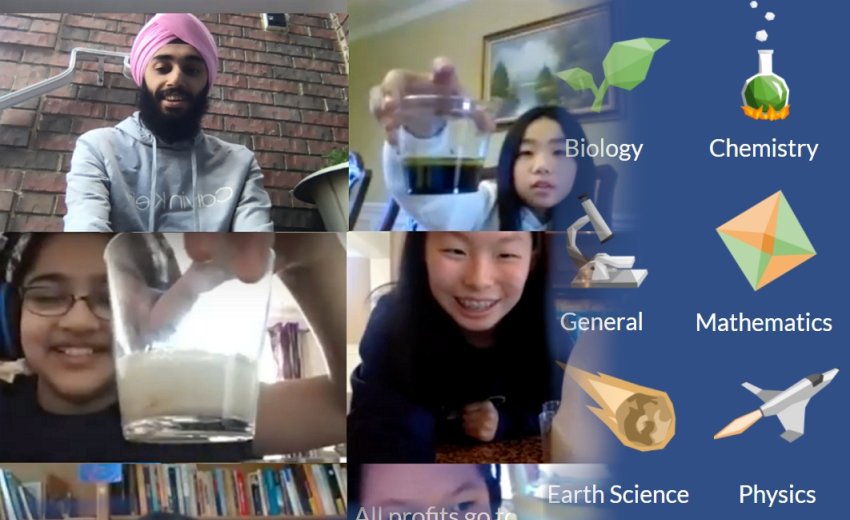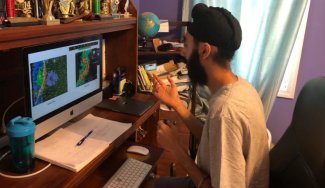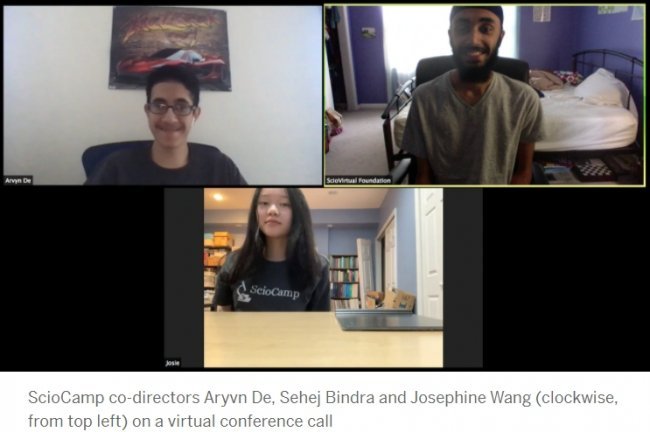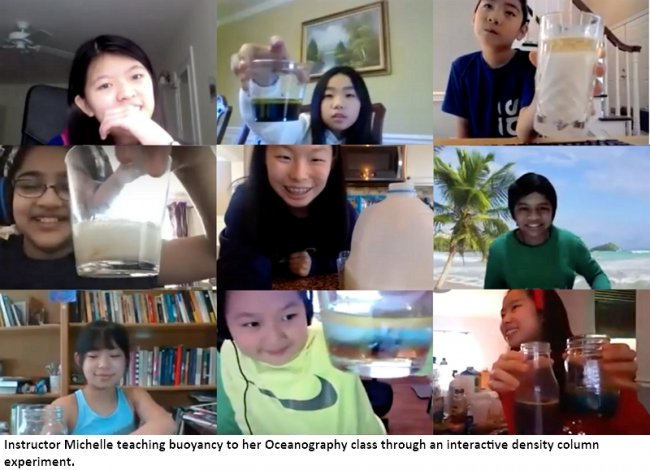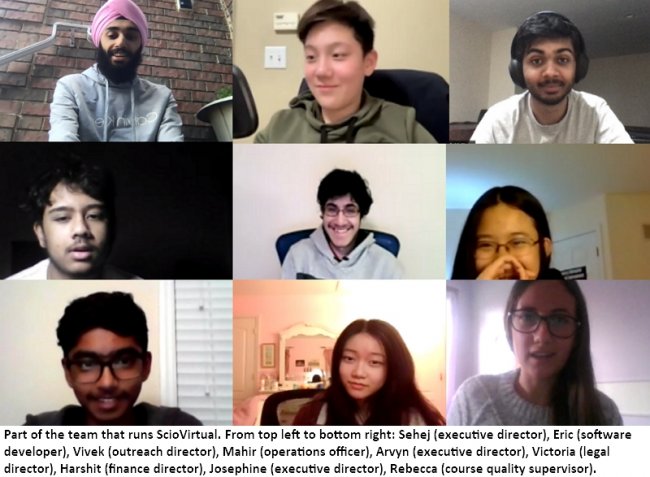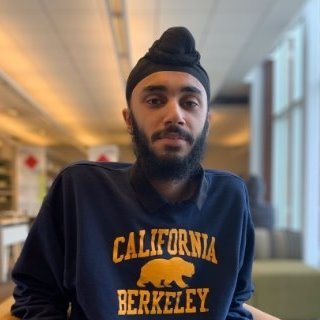Approximately a year ago, the COVID-19 pandemic shut down the summer plans of many students across the globe. Sehej Bindra, a high school senior at the time, suddenly had a lot of free time being isolated during quarantine, “For me, everyday life seemed kind of repetitive especially at the start of quarantine. It felt like almost a necessity to do something out of my comfort zone.”
The idea of creating virtual science courses hit him when his local science summer camp downsized due to the pandemic, “The idea kept bothering me, and I couldn’t sleep one night. So I woke up around 3 AM, took out a notebook, and being jotting down notes about a hypothetical science summer camp.”
“Next morning, I pitched the idea to my close friend, Arvyn, one of the smartest person I know, and we co-founded ScioCamp that very day.”
The duo reached out to nearly every one of their teammates at the High School Science Olympiad team that they were part of and asked if they wanted to teach. Next, they got students from their cross-town rival school to help teach.
“The week before quarantine was instated, our team won the New Jersey state competition. Our team had so much talent, and I knew our knowledge could have a valuable impact on others.”
ScioCamp 2020 was a surprising success: the novel camp attracted over 250 students and the team of forty instructors ended up raising over $10,000 from registration fees.
“Without hesitation, I knew I wanted to donate 100% of the money to food banks. This was my way to utilize my unique position to do seva.”
The overwhelming positive feedback from the camp made Sehej and his team realize the potential in the model where an experienced high school or university student mentors younger students.
“Most quality advanced science classes cost thousands to enroll in because many of those programs are large for-profit companies that pay their instructors. I realized that as students, we had access to a massive network of fellow student volunteers that are valuable mentors to younger students.”
Sehej led his team to create a parent organization, ScioVirtual, where they formed branches in universities and high schools across the country. Currently, ScioVirtual has thousands of registrants, hundreds of instructors, and around forty schools registering courses in bulk.
Through ScioVirtual Sehej faces a couple challenges.
“First, I had no experience in business, running an organization, or even just creating something. My entire high school was pretty much just studying for classes or participating in school clubs. I didn’t think I had the logistical skills or leadership instincts to make this unique program a reality.”
To resolve these issues, Sehej credits a principle that he believes is core to Sikhi.
“Sikh means ‘student’. Although I had no experience in leading an organization, I believed that I could eventually learn. I remember sitting on my desk the first day and I googled ‘how to create an online summer camp’.”
Even after almost a year of managing this student-run organization, the two founders update a journal where they take daily notes to analyze ways to improve both ScioVirtual and their personal skills.
Being responsible a network of instructors, volunteers, partners, students, and parents can be daunting. To overcome this challenge, Sehej again believes being a Sikh has positioned him to be a leader.
“As a turban-wearing Sikh, I have stood out and felt different from my peers from a young age. I was always the only Sikh in my class at school.”
“As someone who looked different in a large public school, I, like probably many other Sikhs, got made fun of for my appearance.”
Sehej’s inspiration to step out of his comfort zone to lead others and make meaningful change stems from his experience to always stand out.
“As Sikh students, we can either try hard to forcefully fit in by removing parts of our identity, or we can take advantage of the fact that we stand out to become leaders. To me, a leader is someone who is willing to stand out: something that we Sikhs do naturally.”
The team is planning to host their last batch of courses this summer.
“This summer, we are trying to have a bigger impact and make the virtual camp engaging and fun, from hosting game nights to creating team challenges in addition to the enriching science courses we are known for. As always, these courses are taught by experienced high school and university students and all registration fees are being donated to food banks.”
You can support Sehej and his organization by registering for the camp at sciocamp.com or just forwarding the opportunity to parents and students that may be interested.
“For me, part of the Sikh community has been extremely valuable, as I could always look up to other Sikhs who are doing great things. We come from a rich ancestry of leaders that radically challenge society.
Although ScioVirtual is just a modest project I am working on, I hope that as just another Sikh student, I can pave a path for other Sikh students to become leaders and create things they believe in.”

